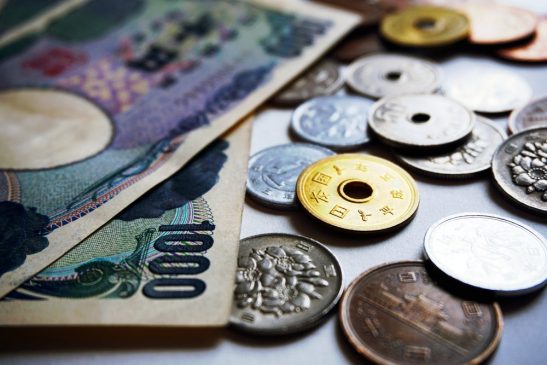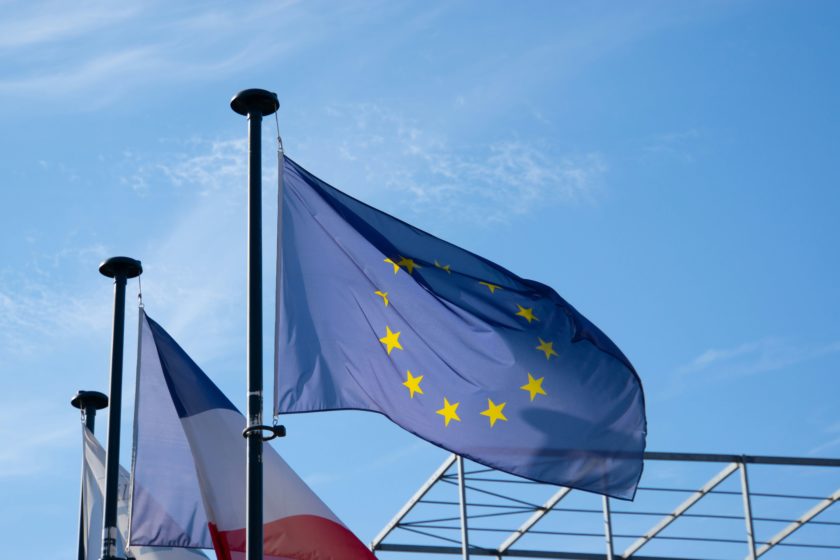BitPesa, a digital treasury management solution that leverages blockchain settlement to lower the cost and improve the speed of payments to and from frontier markets, has teamed with SBI Remit, Japan’s largest remittance service provider, to make it easier for Africans to buy Japanese products.
The two firms are leveraging blockchain technology to reduce friction, improve efficiency and interoperability for cross-border payments between the two continents. The partnership will help businesses scale faster between Japan and Africa.
Conversions Simplified
The partnership allows the African customer to deposit funds in their local currency directly into BitPesa’s local bank account, Elizabeth Rossiello, founder and CEO of Nairobi, Kenya-based Bitpesa, told CCN. “They don’t need to do any conversion,” she said. “Our fees are much lower than most banks’ transfer fees.” In addition, the transfer happens much faster than the two weeks it would take most banks, depending on the amount.
“Using SBI Remit’s payout network, we transfer the money to SBI Remit, and they can pay out to their large Japanese network,” she said. “There is a flow of funds by Africans to Japan.”
Focus On Key Industries
While there are numerous industries expanding in the Africa/Japanese corridor, BitPesa and SBI Remit will focus on certain industries, such as Japanese cosmetics, electronics and used cars. Japanese car dealers, for example will be able to improve their payment operations and reduce the forex risk between Japanese exporters and African buyers. The BitPesa merchant collection solution will also allow them to expand more easily into new markets.
The partnership marks the first with an African company for SBI Remit, a subsidiary of SBI Group, which has helped pioneer financial services, especially on the internet, in Japan.
BitPesa’s clients range from African businesses and multinational companies paying suppliers as far as China and the UAE to global remittance companies using API services for payments to mobile money operators and bank networks in Kenya, Nigeria, Tanzania, Uganda, Senegal and the Democratic Republic of the Congo.
One of the major demands in Africa is for used cars, Rossiello said. A Kenyan shopping for a Japanese used car online will typically have to find a bank that will convert their Kenyan currency into a G20 currency, and then convert that to Japanese yen before sending the funds to the Japanese company’s bank account.
Some Japanese companies have accounts in African countries, she said, but this does not remove the weeks’ long currency conversion wait.
“Regardless of which way they’re going, they still have to go through a complex currency conversion,” she said.
Simplifying Cross Continental Trade
The partnership also addresses a demand by Japanese businesses to enter the African market.
There are more than 400 registered Japanese businesses already active in Africa, including cosmetics, electronics heavy machinery and used cars, she said.
“They need a more seamless way for the African customer to be able to pay them directly,” Rossiello said.
“While there is a growing interest in Africa, there is still a lot of hesitation due to market conditions and lack of hybrid financial infrastructure to support agile growth of businesses,” she said. “Through our partnership with SBI Remit, we have created a secure, fast and easy-to-use forex solution for Japanese companies to buy and sell eight frontier market currencies with G20 currencies including Japanese yen. Businesses can do this instantly from and to all major African bank and mobile money accounts.”
African Governments Create Barriers
Businesses in Japan and other Asian countries have long been wary of doing business in Africa because of African governments’ currency controls, she noted. “(African) central banks are afraid of value leaving the country,” she said.
It is also difficult to find services to convert African currencies to G20 currencies. When such services exist, they carry high fees.
There are also no direct conversions among African currencies, Rossiello said. To convert from one African currency to another, it is typically necessary to convert first to a G20 currency. The conversion costs are especially high for smaller companies.
“This is not a small problem within the African continent,” Rossiello said. United Airlines, for instance, discontinued doing business in Nigeria in the early 2000s over problems with the repatriation of funds, she said.
Making the funds more liquid decreases a Japanese company’s risk of entering the African market, she said.
Bitcoin Startups BitPesa and Bitbond Deliver P2P Loans for African Businesses https://t.co/yrWw4DY5eB via @CryptoCoinsNews
— Osowo IAM (@OsowoIAM) April 11, 2017
More Partnerships Coming
BitPesa, which is licensed by both the Financial Conduct Authority in the U.K. and by the Bank of Spain to operate in the European Union, will be looking for more partnerships similar to SBI Remit as more international regions increase trade with Africa, Rossiello said.
In the past, BitPesa has focused on the Europe/Africa corridor, one of the most active corridors in the world, she said.
“We’re looking at how we can open access to Africa to other parts of the world as well,” she said. “Our vision is to accelerate the growth of businesses in frontier markets.”
“Africa has become a strategic interest for SBI Group recently and we have been looking for innovative solutions to partner with and serve our customers better,” said Nobuo Ando, representative director of SBI Remit. “With the accelerating interest of collaboration between Japan and African countries, we will be able to leverage BitPesa’s expertise in the market and technological prowess in offering efficient FX solutions.”
Featured image from Shutterstock.
Follow us on Telegram or subscribe to our newsletter here.
• Join CCN’s crypto community for $9.99 per month, click here.
• Want exclusive analysis and crypto insights from Hacked.com? Click here.
• Open Positions at CCN: Full Time and Part Time Journalists Wanted.





Shiver me timbers, them’s some great inratmofion.